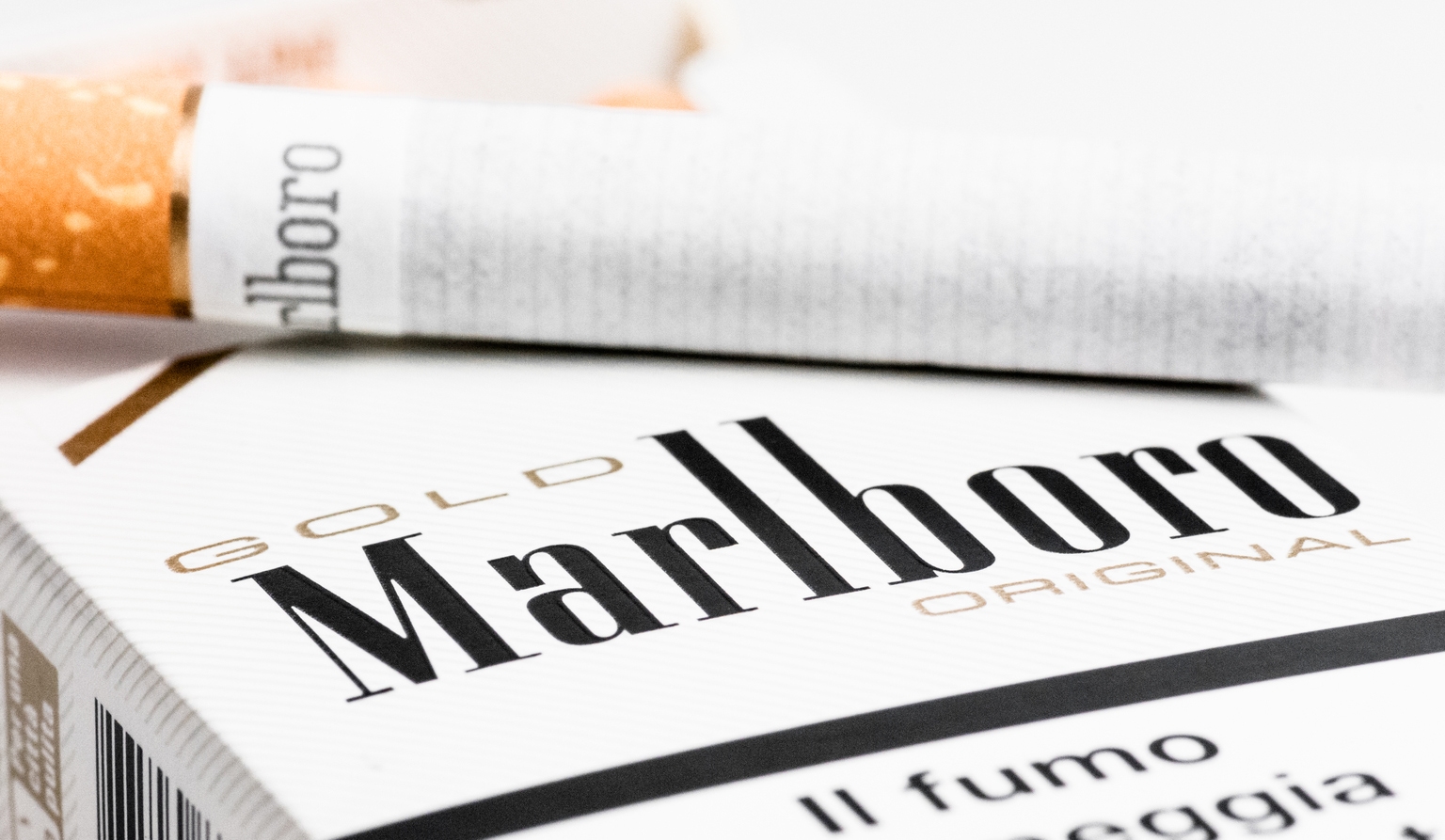Some firms never outgrow their formative periods. That’s confirmed by the astonishingly long list of criminal activity, looting, and recklessness perpetrated by Credit Suisse detailed in a recent RICO/class action suit, Lawtone-Bowles v. Thornburgh, represented by Michelle Ciccarelli Lerach of Bottini & Bottini.
As the filing embedded below describes, auditor KPMG aided and abetted Credit Suisse and is one of the three targets of the filings, along with the four Credit Suisse New York operations (acquired by UBS in a shotgun marriage) and various Credit Suisse supposed-to-have-been-responsible adults. KPMG was replaced in 2020 by PwC due to KPMG criminal misconduct, namely cheating on regulatory exams, including destroying records.1
Insistently recidivist money launderer Credit Suisse and the acquired firm that got it into the investment banking and securities businesses, First Boston, have checkered histories.
Credit Suisse became the first commercial bank to breach the Glass-Steagall wall by buying an interest in, and later control of, the storied “bulge bracket” investment bank First Boston in the late 1980s. First Boston had been a high flier in that heady decade. Its mergers & acquisitions chief Bruce Wasserstein was so feared that he’d sometimes be put on retainer to keep him on the sidelines. Its bond trading floor was second only to “King of Wall Street” Salomon Brothers.
But First Boston was bleeding out, balance-sheet wise, due to its bond chief Larry Fink (yes, the same Larry Fink of BlackRock) not fully appreciating the risk of the “nuclear waste” tranches of mortgage securitizations that First Boston retained. Hence the Fed allowed the rescue by Credit Suisse. Salomon Brothers’ days were also numbered.
The firm defying the Fed by refusing to change its conduct after a Treasury bond trading scandal. The Fed forced four of its very top executives out, including CEO John Gutfreund,. The trading shop had to be rescued by Warren Buffett.
Michael Lewis, for better or worse, immortalized Peak Salomon in his Liar’s Poker.2 But First Boston was iconic too. First Boston, more so than any other shop on Wall Street then, had many of its M&A bankers and bond traders adopt the “big swinging dick” look of the time of slicked-back hair, loud braces, and Gucci loafers.3 Raider Gordon Gekko modeled it:
Forgive the short walk down memory lane, but that background might make Credit Suisse’s remarkable record of criminal conduct as well as garden variety greed and incompetence seem less surprising.
The filing, embedded at the end of the post, contains a great deal of substantiation of its legal and factual arguments. It’s already gotten the attention of some legal sites for including two RICO charges, which provide for treble damages and attorneys’ fees.
The recitation of bad acts is overwhelming, even for those jaded by the sorry history of serially misbehaving banks. For instance, Credit Suisse effectively refused to get out of the money laundering business. It chose to carry on even after the US forced its Swiss competitor UBS to pay $780 million in fine, enter into a deferred prosecution agreement, and turn over customer names. In 2014, Credit Suisse paid a $2.6 billion fine and pled guilty to criminal conduct. Even so, it was fined repeatedly after that by US and European authorities. In March 2023, the US Senate released ““Credit Suisse’s Role in United States Tax Evasion Schemes,”summing up a two year investigation. Short version: Credit Suisse violated its 2014 plea deal.
That overview does not include indictments of former Credit Suisse execs for drug-related money laundering.
I’m skipping over Tunagate, or more accurately, Tuna Boats, which also produced Federal criminal convictions, this on the investment banking side of the house. And how about “Princelings Payoff,” which resulted in ~$80 million in fines and a non-prosecution agreement?
And then we have many many other train wrecks: an over $5 billion settlement for misrepresenting mortgage securities. Archegos. Greensill.
The legal arguments for why this case should be heard in New York seem persuasive to this non-lawyer. Note that this is a direct, and not a derivative suit, and is not a securities low filing either. The plaintiffs are not arguing that they bought or continued to hold Credit Suisse shares due to false statements. They are arguing they held shares and were harmed by management breaching various legal duties to shareholders, as well as laws and regulations that also had the effect of harming the company.4
I particularly like that this suit is getting its claws into the auditor. Generally, shareholders can’t sue lawyers and accountants that give what is arguably criminally corrupt advice to management. The CEO receives a “get out of jail free” card by protesting, “I was acting on expert advice. And shareholders can’t sue under the doctrine of secondary liability. As we wrote in ECONNED:
Legislators also need to restore secondary liability. Attentive readers may recall that a Supreme Court decision in 1994 disallowed suits against advisors like accountants and lawyers for aiding and abetting frauds. In other words, a plaintiff could only file a claim against the party that had fleeced him; he could not seek recourse against those who had made the fraud possible, say, accounting firms that prepared misleading financial statements. That 1994 decision flew in the face of sixty years of court decisions, practices in criminal law (the guy who drives the car for a bank robber is an accessory), and common sense. Reinstituting secondary liability would make it more difficult to engage in shoddy practices.
In other words, the only party that can normally sue an accounting firm for engaging in fraudulent conduct is his immediate client.
But Swiss law explicitly provides that shareholders can sue negligent auditors:
Art. 755 External Auditors’ Liability
All persons engaged in auditing the annual and consolidated accounts, the company’s foundation, a capital increase or a capital reduction are liable both to the company and to the individual shareholders and creditors for the losses arising from any intentional or negligent breach of their duties.
The filing notes:
The federal RICO statute is intended to protect United States citizens/residents like plaintiff and other Class members from the kind of criminal misconduct, i.e., RICO predicate acts, by the Credit Suisse entities and KPMG that occurred here in New York, damaging their property or business. Swiss law contains no provision restricting where a suit such as this can be filed. Nor does Credit Suisse’s corporate charter or articles.
The Swiss government is likely to be very unhappy about this filing, since a successful suit could produce billions in damages, more deserved reputational harm, and whack the already wobbly UBS, which was not at all keen to be forced to anchor itself to the Credit Suisse garbage barge. If bad courtroom results were to coincide with a period when Mr. Market was nervous about banks, it could even force the Swiss government into a bailout. But whether the Swiss government thinks it can intervene in this suit is an entirely different matter.
In any event, this suit is likely to air even more dirty laundry. Pass the popcorn.
__________
1 Sometimes called the “steal the exam” caper, senior KPMG officers found out which audits would be reviewed by the Federal regulator, PCAOB. In the case of the expected exam at KPMG client Credit Suisse, which had a very bad record of compliance, they destroyed and altered records. It take a lot to get the PCAOB to saddle up, but five KPMG partners and staffers were found guilty of criminal charges. This filing argues (among other things) that had KPMG not cheated on its PCAOB review at Credit Suisse, many Credit Suisse lapses would have been exposed, reducing the level of damage to shareholders.
2 Tom Wolfe supposedly decided to make his Wall Street personage Sherman McCoy a bond trader after spending a day at Salomon Brothers. But Salomon was a Jewish firm, with scruffy gentiles also welcome. Sherman McCoy, like the bond traders at First Boston, was a WASP.
3 Mind you, some other bankers at other firms dressed like that too, although that plumage would have gotten demerits at Goldman, and I never met anyone who sported that look.
4 Over my pay grade, but how do you establish the level of damages for shareholders over a long period? It seems not likely that all that many stuck with their positions for the entire time of all the bad conduct recited below.
00 Lawtone-Bowles v Thornburgh (2023-06-07) Conformed RICO Class Action Complaint2




































